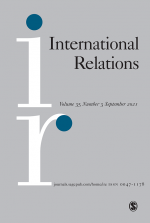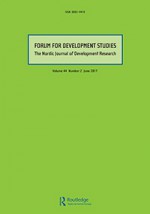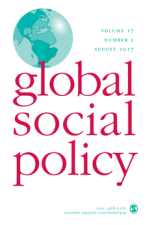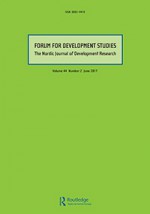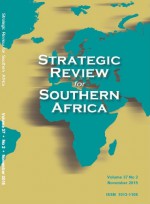The UN and Regional Organisations in Global Security: Competing or Complementary Logics?
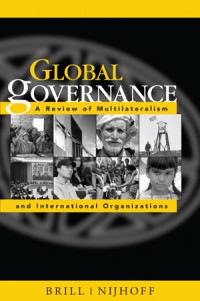
What is the optimal relationship between global bodies and regional agencies in international security? This question has been intensively discussed at various junctures during the last century, including at the establishment of the United Nations in the 1940s. Today the debate between the UN and regional organizations has resurfaced⎯ among policymakers as well as the research community⎯ as one of the most important issues in the global security architecture, including reform of the UN Security Council. The long-standing prevailing view of the global-regional relationship in security matters has posited that a dominant UN would delegate tasks to subordinate regional institutions. With the rise of so-called new regionalism in recent decades, regional organizations have become actors in their own right. This complexity is not likely to decrease in the future. The greater agency of regional bodies needs to be recognized. It is more realistic to think of the relationship between multilateralism and regionalism in more horizontal and reciprocal terms, compared to the orthodox approach where regional agencies are subordinated to the UN Security Council.

